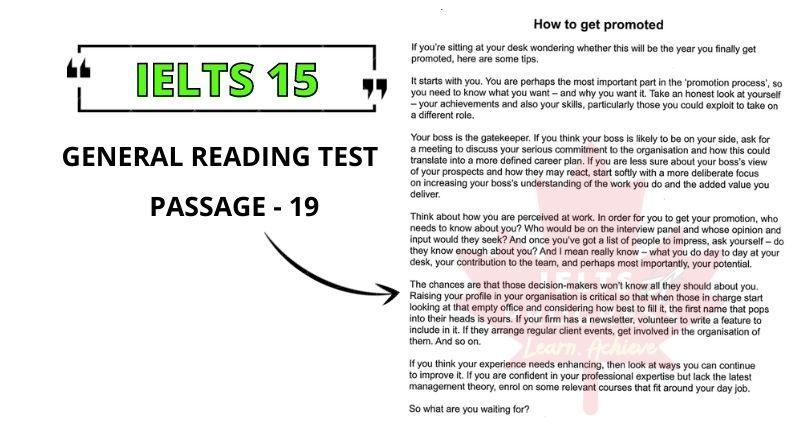
Are you seeking to advance your career? The next step in your career advancement is to find out what opportunities are available in your area. You have many options to do this. You can do this by setting goals and identifying your motivations. Find out about career advancement opportunities and opportunities for advancement within your current company.
Goal-setting
The most important aspect of life is career planning. A goal-setting process is an important first step to your career development. It allows you to live a fulfilled life. It can help you identify your career passions and interests, as well as the type of work that you desire to do. It can help you keep focused and pinpoint your accomplishments, which can be used to make adjustments to your plans.
You should set goals that are achievable when setting career goals. You should set goals that match your highest ambitions. You can consult professionals if you're unsure how to achieve your goals. Consider asking colleagues and friends for help. It is important to determine your professional worth so you can set goals.

Your career path
There are many paths to career development. There are some paths that are more suitable for certain types of personality or specific fields. While some people wish to be a leader, others prefer to be part of an organization. Career paths will vary depending on the individual, but a few common points should be considered.
The first step in developing a career is to evaluate your skills and interests. Once you have a clear vision of your career, you can begin to search for a job that allows you to reach your goals. Find the skills you are looking to improve and identify them. Consider leadership training, attending webinars, and completing internships.
Identifying advancement opportunities
If you want success, it is important to recognize advancement opportunities within your career. Although choosing the right job may be the first step in your career, there are many other ways to rise within an organization. If you are interested in a particular area of work, speak to those in senior positions and inquire about their career plans.
It's important to provide employees with a clear path to advancement so that they feel supported and confident in their career choices. Retention and happiness of employees is dependent upon career progression. There are always challenges. For example, a recent advancement may come with unforeseen on-call responsibilities or a reporting project that requires extra hours. But career advancement can offer many benefits. There are also personal rewards.

Identifying motivations
Your life's trajectory can be changed by identifying your motivations at work. This will help you to improve your well-being and your personal relationships. It can also help to shift your perspective on the purpose of your job. Although we often think only about the obvious motivations behind our jobs, such as location and pay, it is possible to find deeper meaning in your work by identifying the true motivations. Most people share the same goals and experience, so focusing your attention on what drives and motivates you will help find purpose and meaning in work.
Career resilience is linked to other career theories, like Donald Super's "vocational-self-concept cristallization." Personal commitment, organizational commitment and workplace citizenship are all aspects of career identity. Career decision-making also depends on an individual's ability or inability to face obstacles and challenges.